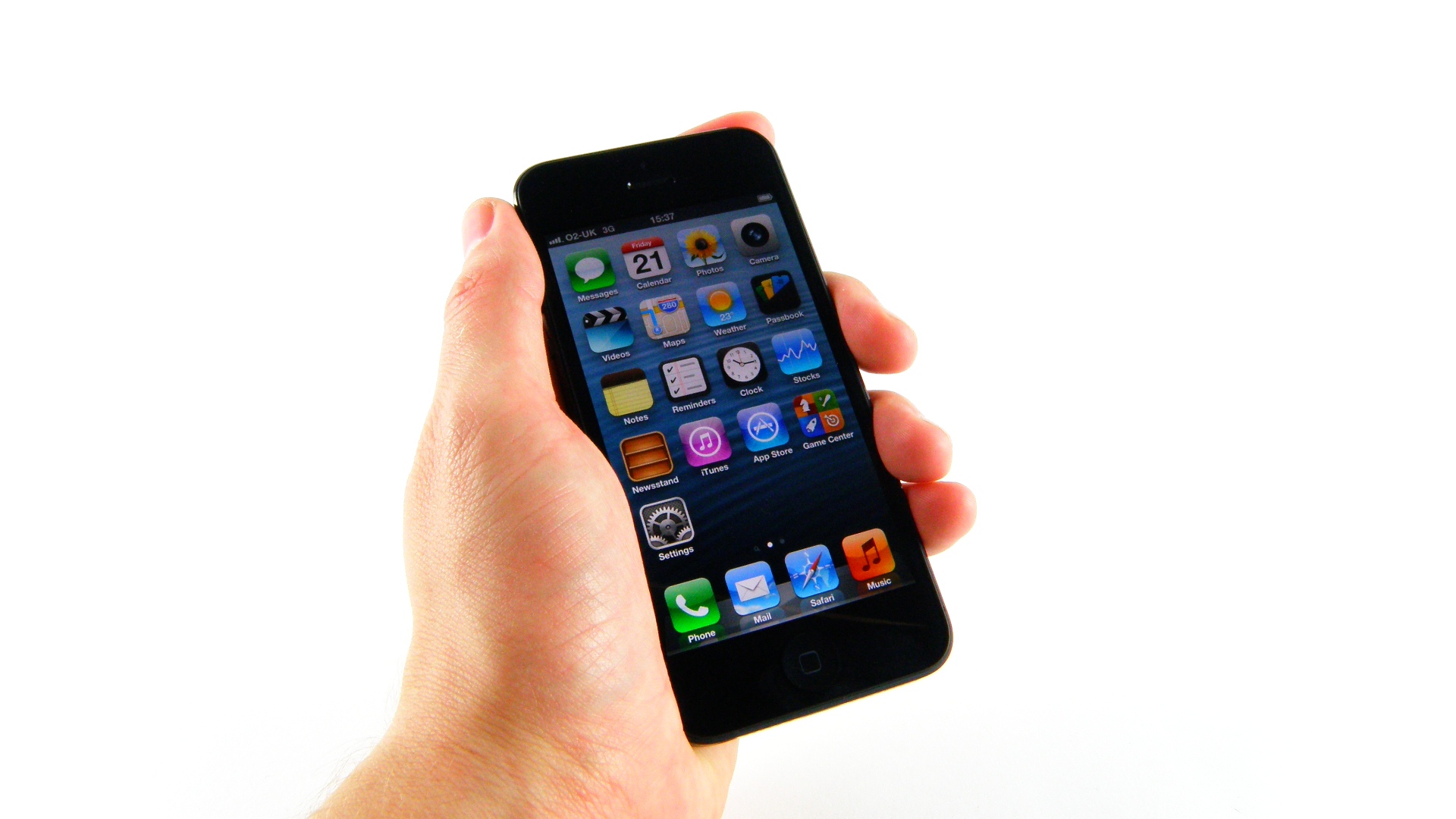Trade agency to review ruling that Apple didn't copy Samsung patents
Could lead to sales ban

Sign up for breaking news, reviews, opinion, top tech deals, and more.
You are now subscribed
Your newsletter sign-up was successful
Samsung won another chance Monday to prove that Apple copied some of its patents.
The U.S. International Trade Commission (ITC), a body that's found itself in the news quite often as of late, will review a judge's decision that found Apple didn't violate patents owned by the South Korean firm.
An administrative judge at the ITC initially ruled in September that in making the iPod touch, iPhone and iPad, Apple didn't violate its rival's intellectual property.
However, now that decision is under review and if Apple is found to be guilty it could lead to a U.S. sales ban of those products.
Drama
While a (presumably) final decision on whether Apple did violate Samsung patents should arrive by January, this is just the latest chapter in an ongoing drama and sometimes farce between two tech giants.
The tension between the companies culminated in a high-profile trial in San Jose, Calif. during the month of August.
Samsung was ordered to pay more than $1 billion (around UK£630 million, AUD$960 million) in damages after a nine-member jury decided that more than two dozen of its products copied designs and technologies found in Apple's iPads and iPhones.
Sign up for breaking news, reviews, opinion, top tech deals, and more.
The litigators are due back in court Dec. 6 to discuss the next steps in that case, including whether to throw out the verdict, while court battles in 10 other countries are either raging or have only recently died down.
The ITC's members must be wringing their hands in anxiety over having to deal with these two again.

Michelle was previously a news editor at TechRadar, leading consumer tech news and reviews. Michelle is now a Content Strategist at Facebook. A versatile, highly effective content writer and skilled editor with a keen eye for detail, Michelle is a collaborative problem solver and covered everything from smartwatches and microprocessors to VR and self-driving cars.